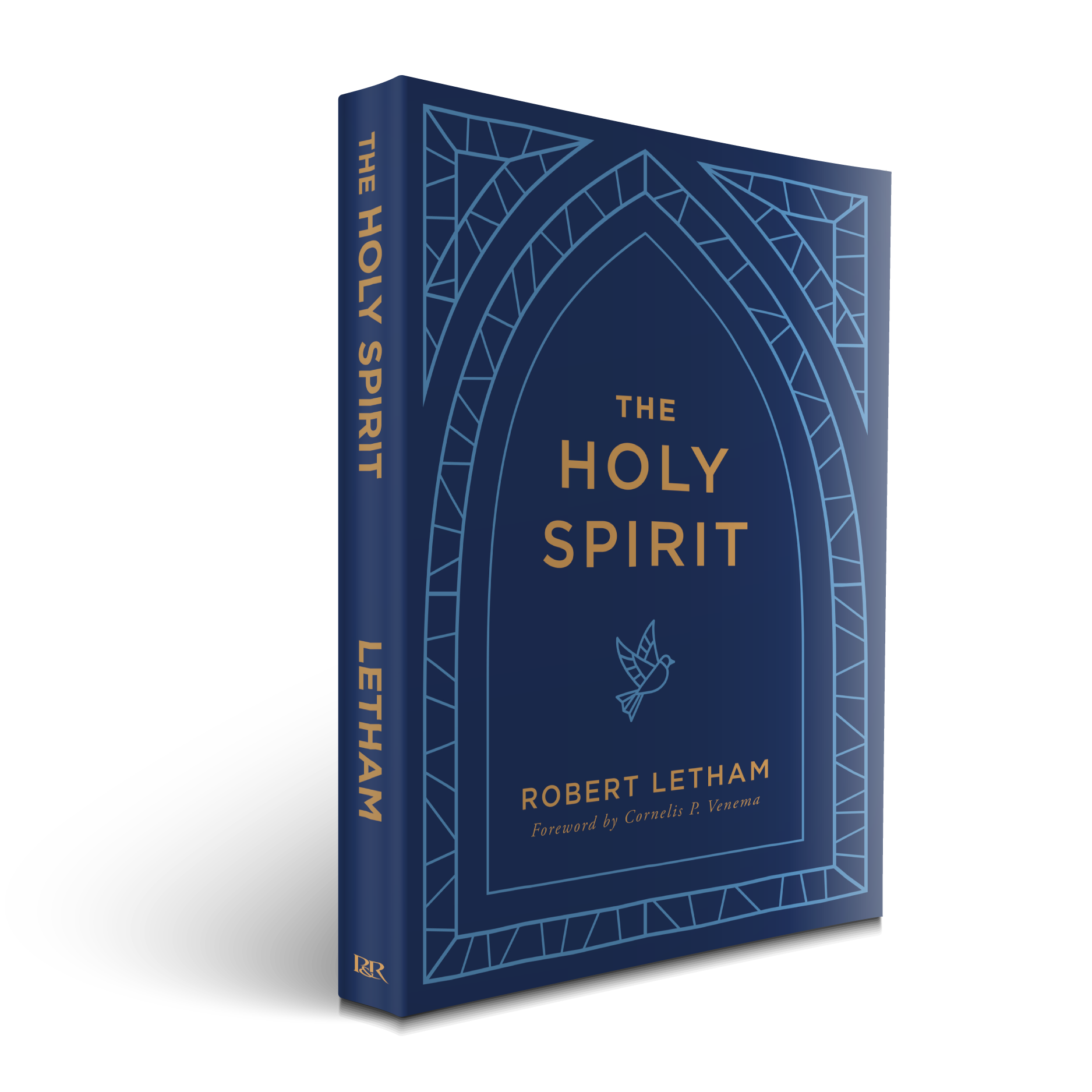The following is an interview with Robert Letham. He is the author of The Holy Spirit, The Holy Trinity, Union with Christ, The Westminster Assembly, and The Lord’s Supper.
1. What led you to write The Holy Spirit? How did you become interested in exploring the Bible’s teaching on this topic?
For decades I have considered that the central point of the Christian faith is to know God, to enjoy him, and to seek to glorify him. Since God is the Father, the Son, and the Holy Spirit, on our part that entails a commitment of our life to that end. So when the publisher approached me to write on this, I had little difficulty agreeing.
2. What are the main things you learned from researching The Holy Spirit?
A lot, too many to number. One, which I mention in the introduction, is that it is far too much for one individual to write on the Trinity, and then on the three hypostases. The responsibility is overwhelming. Yet, at the same time, we can do so – since God has made himself known – and indeed, we must do so, even though at best we stammer and stutter, while the result cannot be anything less than inadequate to the reality of the one about whom we write.
3. How does The Holy Spirit relate to the other theology books you’ve written, for example, The Holy Trinity, and to other books you are working on for P&R?
It is one of a trilogy on the divine hypostases and is due to be followed by one on the Son and another on the Father.
4. What are some important truths that you would like readers to remember from reading The Holy Spirit?
- The indivisibility of the Trinity and the resulting inseparability of all the works of God. The Spirit does not go off on his own to do his own thing, for his particular work is undertaken in inseparable harmony with the Father and the Son. We cannot think of the Spirit’s activities in isolation.
- While the incarnation was for the immediate goal of securing the atoning death and resurrection of Christ, effecting our justification, its ultimate purpose, and that of the atonement too, was and is for the transformation of Christ’s people by the Spirit. In tandem with this, he effects the total renovation of the cosmos. We need to see the whole process of salvation in this light.
- The danger of reading the Bible in isolation from the history of interpretation expressed in the overall consensus fidelium. This, almost invariably, finally ends up in heresy. Paul tells us to submit to one another in the fear of Christ (Eph. 5:21). This doesn’t require agreeing with one another on everything but it does indicate that there are boundaries within which the consensus of the church has operated under the direction of the Spirit. We will be wise to recognize these and respect them. I see the task as inherently conservative, with a great stress onressourcement. Any advances, to be valid, should occur within that context.
5. What do you see as the purpose of The Holy Spirit?
To clarify our thinking, understand the biblical teaching on the Spirit in the light of how leading figures in the church have considered it down the years, and thereby to sharpen and focus our worship of the one who is life itself.


Comments